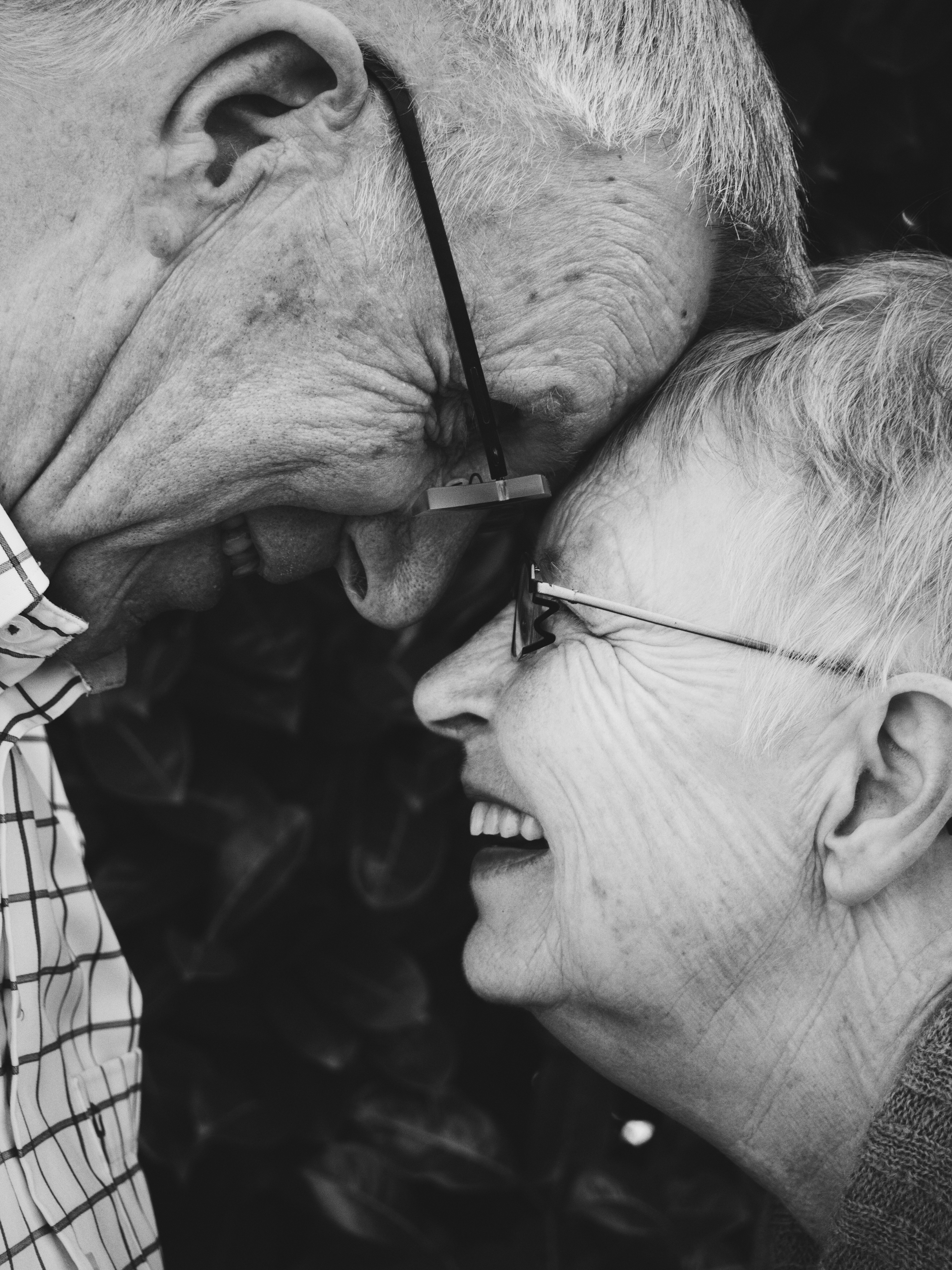
As the people we care about age, we worry about dementia. Statistics can be frightening: One in every 10 Americans over 65 has Alzheimer’s disease, and every 65 seconds, someone else is diagnosed. Between 2000 and 2017, there was a 145% increase in deaths from Alzheimer’s disease, and it will only get worse as the number of Americans surviving into their 80s and 90s continues to grow dramatically, putting even more individuals at the highest risk for developing Alzheimer’s dementia.
In the face of these facts, we need to promote and donate to research aimed at diagnosis, treatment and cure. Alzheimer’s research has traditionally been funded at a fraction of the spending on the other top ten causes of death.
On the diagnostic front, there is no blood test or other marker that can definitively diagnosis Alzheimer’s disease. It is a process of observation plus elimination (as is the case with so many other diseases like MS, ALS, and Parkinson’s.) As the cognitive and neurological testing we do has become increasingly accurate, recent attempts to develop more accurate diagnostic tests are proving unreliable. Actually, the only definitive diagnosis is autopsy, illustrating the need for more research in this area.
On the treatment front, we still do not know what causes Alzheimer’s disease, and we do not have a cure. The drugs that have been approved slow the progression of symptoms for a period of time, but then the disease takes over again. Someone with Alzheimer’s will die of it or with it. Although Aducanamab has been submitted for FDA approval without completing the full array of clinical trials, we haven’t had a new drug with proven effectiveness in 14 years.
And, on the prevention front, since we don’t know what causes Alzheimer’s disease, we have no sure-fire prevention methods or vaccines. Still, there are a number of lifestyle changes that are highly correlated to better results. None of them are a guarantee but following them increases the chances of longer-term brain health.
Challenging your brain is helpful. For example, you may have heard of the benefits of doing crossword puzzles and board games. While some recent research questions the rate of efficacy, other studies found that doing these kinds of puzzles at least four times a week may decrease or delay the chances of Alzheimer’s. Reading regularly can reduce incidence by 35%. Learning a new language or a musical instrument builds new neurons and strengthens neural pathways.
Research presented at the Alzheimer’s Association International Conference 2019 advises a check of the medicine chest, noting a statistically significant association between dementia and exposure to anticholinergic drugs, especially antidepressants, anti-psychotic drugs, anti-Parkinson drugs, anti-epilepsy drugs and certain medications used to treat urinary incontinence.
Some factors are widely beneficial for overall health anyway: quit smoking, lower cholesterol and blood pressure, and control diabetes. Social interaction is highly beneficial, especially if groups of friends are varied and stimulating. A healthy diet is definitely effective for slowing cognitive decline – including eating more plant- based foods and reducing red meat consumption to less than four times a week.
(For recommendations of ten foods to consume more regularly and five foods to avoid, see the MIND diet developed at Rush University.)
Sleep emerged as one of the top recommendations. Our brains needs sleep to rejuvenate and build strength. An average of seven to nine hours a night is more helpful for overall brain function and delay of Alzheimer’s than puzzles and brain games. Unfortunately, in our fast-paced world too few Americans average even seven hours a night.
Let’s Dance!
Finally, the number one recommendation for dementia prevention is aerobic exercise, particularly if is also involves split-second decision making. Think, for instance, of an active team sport, in which players raise their heart rates while also having to decide instantaneously where to hit the ball or how to move. This combination of aerobic activity with mental stimulation is ideal for the brain. Therefore, although any aerobic exercise helps, running on a trail is better than on a treadmill and bicycling a challenging course is better than cruising down the street.

